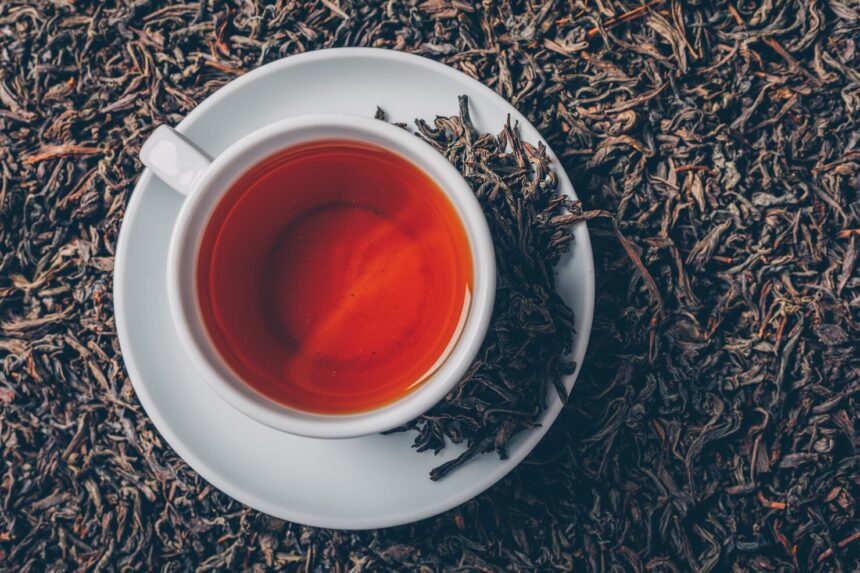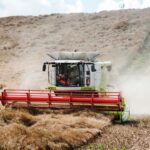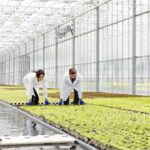Rooibos, also known as “red bush,” is indeed South Africa’s signature herbal tea and has gained international recognition as a unique and flavorful beverage. It has become a successful export product for South Africa, contributing to the country’s economy and promoting its rich cultural heritage.
Rooibos tea is made from the leaves of the Aspalathus linearis plant, which is native to the Cederberg region of the Western Cape province in South Africa. The plant has needle-like leaves that are fermented and dried to produce the characteristic red color and distinct flavor of rooibos tea.
The history of rooibos dates back centuries when indigenous Khoisan tribes in South Africa discovered its potential as a herbal infusion. However, it wasn’t until the early 20th century that rooibos gained commercial popularity. Benjamin Ginsberg, a Russian immigrant, recognized its potential and began marketing rooibos tea as an alternative to traditional black and green teas.
Over time, rooibos tea gained popularity locally and internationally due to its unique taste, health benefits, and caffeine-free nature. It has a naturally sweet and nutty flavor, which makes it appealing to a wide range of tea drinkers. Additionally, rooibos tea is rich in antioxidants, contains no caffeine, and is low in tannins, making it a healthy choice for those seeking a warm and soothing beverage.
South Africa’s rooibos industry has grown significantly, with the tea being exported to numerous countries worldwide. The export success of rooibos is attributed to several factors. First, the Cederberg region’s unique climate and soil conditions provide the ideal environment for cultivating high-quality rooibos plants. The plants thrive in the region’s sandy soil and require minimal water, making them well-suited to the arid conditions.
Furthermore, South African farmers have developed sustainable farming practices for rooibos cultivation, including organic and fair-trade certifications. These practices have not only helped preserve the natural environment but have also appealed to health-conscious consumers who value ethically sourced products.
The South African government has also played a role in promoting rooibos as an export product. It has supported research and development initiatives, collaborated with international trade partners, and protected the name “rooibos” through geographical indication (GI) status. This GI status ensures that only tea produced in South Africa’s Cederberg region can be labeled as “rooibos,” safeguarding the authenticity and quality of the product.
Rooibos tea is now readily available in supermarkets, specialty tea shops, and online platforms worldwide. It has gained a loyal following not only for its taste but also for its potential health benefits, including reducing inflammation, promoting digestion, and supporting overall well-being.
In conclusion, rooibos is undoubtedly South Africa’s signature herbal tea and has achieved remarkable export success. Its unique flavor, health benefits, and sustainable production methods have contributed to its popularity among tea enthusiasts globally. As a result, rooibos continues to be a source of pride for South Africa and a significant contributor to its economy.







